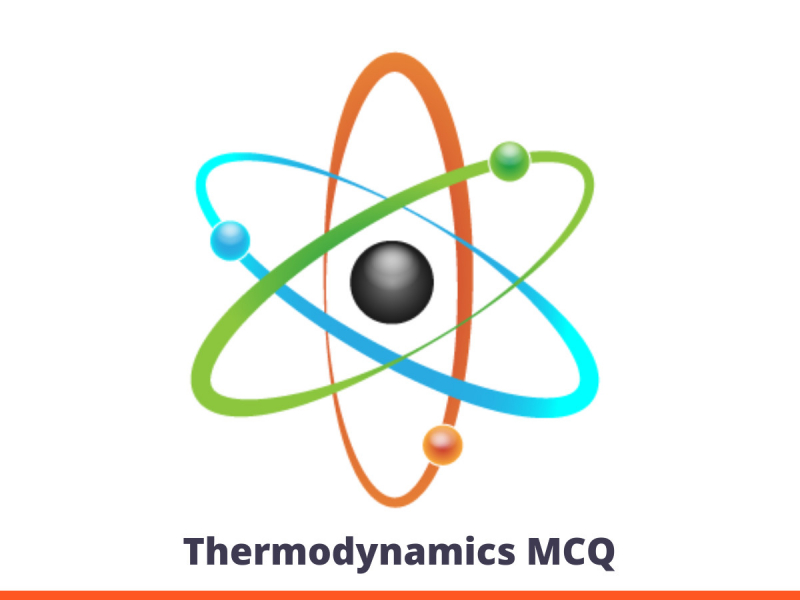Practice Best Thermodynamics MCQ Quiz to Test Your Knowledge
We have listed below the best Thermodynamics MCQ Questions test that checks your basic knowledge of Thermodynamics. This Thermodynamics MCQ Test contains around 20+ Thermodynamics Multiple Choice Questions. You have to select the right answer to a question to check your final preparation for Thermodynamics Exam or Interview. apart from this, you can also download below the Thermodynamics MCQ PDF completely free.

